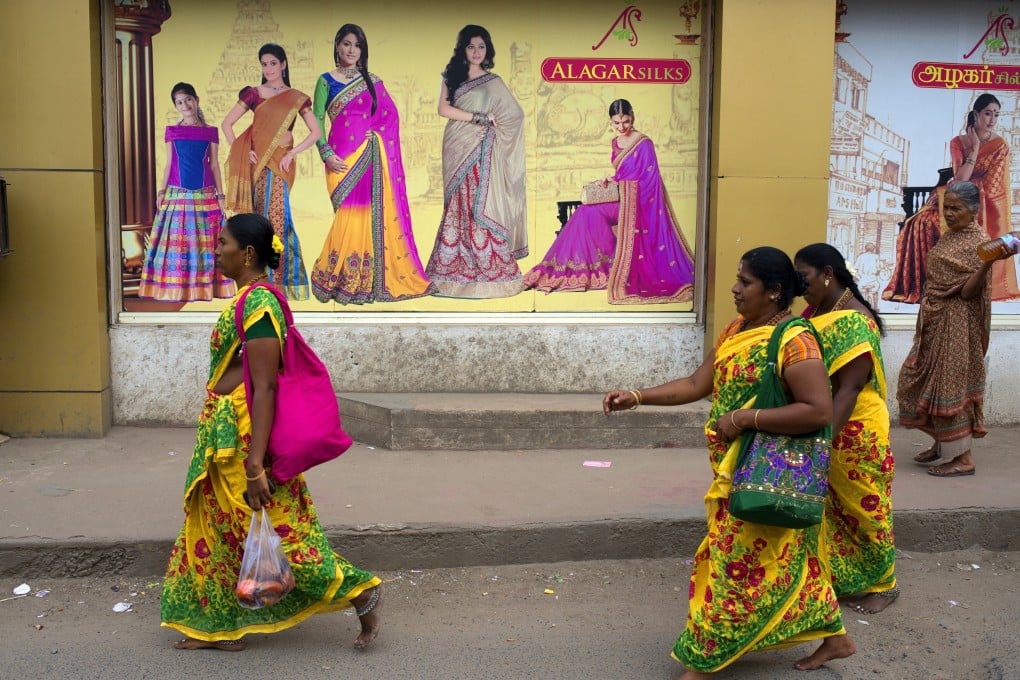Advertisement
Indian women in Tamil Nadu just won the right to sit at work
- Driven by the plight of shop workers forced to stand throughout their shifts, Tamil Nadu has followed Kerala in granting the right to sit at work
- Working conditions in the state’s many textile and clothing units are notoriously poor. Toilet breaks and menstruation are among activities frowned upon as wasting time, workers say
Reading Time:3 minutes
Why you can trust SCMP

Sreelatha, 32, works as a part-time cook in Anna Nagar, a neighbourhood in northwestern Chennai, the capital city of the southern Indian state of Tamil Nadu.
She cooks for four families from 7am to 12pm every day and earns 10,000 rupees (US$135) a month.
“It’s tough juggling my work with my two school kids’ schedule and managing home chores as well but I’ve no choice,” she said.
Advertisement
Last year Sreelatha quit her job as a saleswoman at a local sari shop where she had to stand continuously for 12 hours a day with no chair or stool to sit on even during breaks.
“Our lunch and toilet breaks were also strictly monitored and deductions were made to our salary if we as much as reclined against a wall,” she said.
Advertisement
So stressful were the working conditions that Sreelatha’s third pregnancy ended in a miscarriage.
Advertisement
Select Voice
Select Speed
1.00x